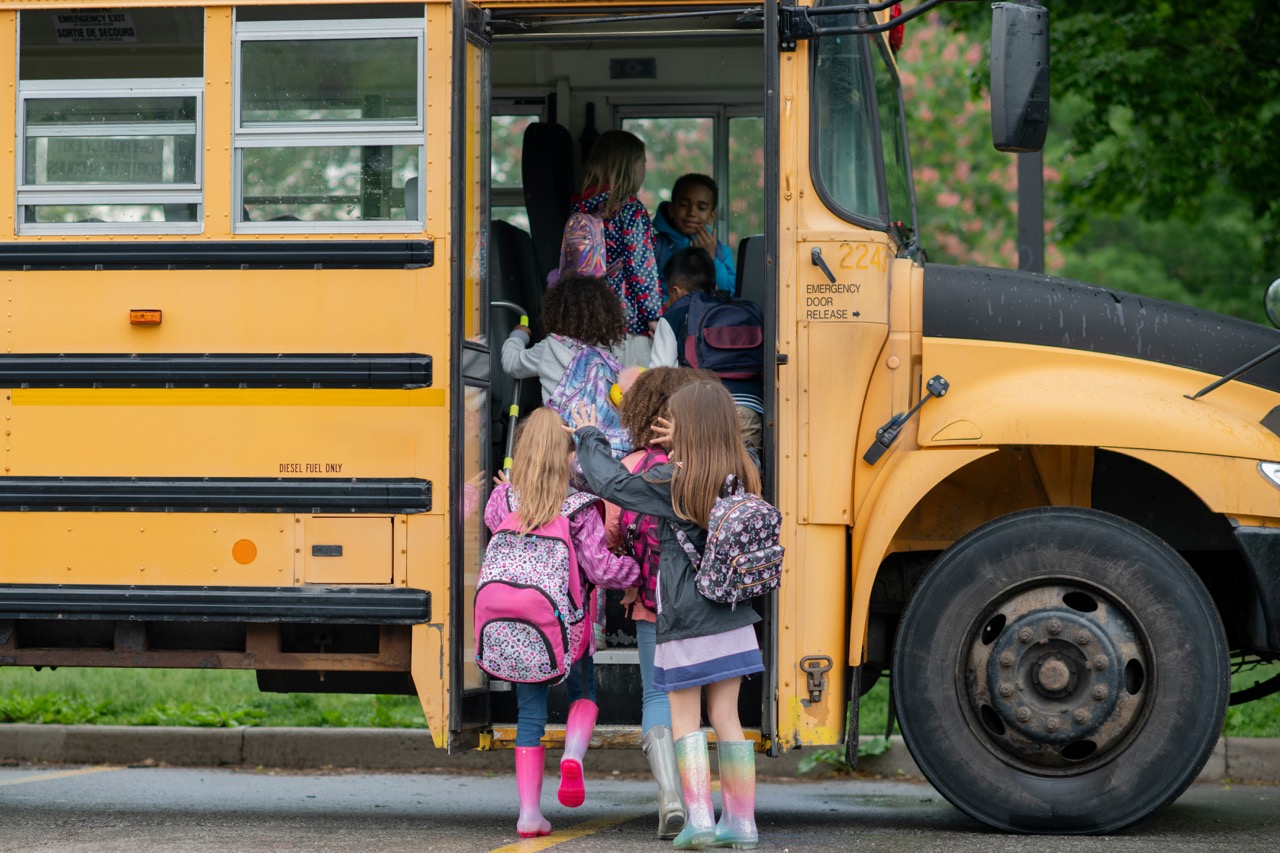One of the most common parenting questions is, “when does separation anxiety typically peak in infants and small children?”
In this blog, you’ll learn when separation anxiety begins, when separation anxiety typically peaks in young children, and when to worry.
Let’s start by defining separation anxiety in children.
What is separation anxiety in children?

“Separation anxiety is fear and distress when a child faces separation from a loved person, usually a parent,” said Dr. Helen Egger, Chair of the Department of Child and Adolescent Psychiatry at NYU Langone, and co-founder of Little Otter. “Early in life, most children experience some separation anxiety.”
In very young children, separation anxiety is “normative” or “typical.” That is, we expect it! Separation anxiety in children can be difficult and distressing, but it’s not usually overwhelming. This is a phase that every human goes through!
When does separation anxiety begin in children?
You might be asking, “at what age does separation anxiety typically emerge?”
Typical separation anxiety appears in children around 7-9 months old. At this age, it’s a developmental milestone; it usually resolves by the time a child turns two.
While it can be uncomfortable, the good news is that it represents a key developmental milestone for children under two. It’s a sign that your child is forming a healthy attachment to you.

“Separation anxiety and stranger protest [resistance to unfamiliar people] signal that a child’s attachment system has turned on right on time,” explained Dr. Mary Margaret Gleason, Vice Chief of Mental Health at Children’s Hospital of the King’s Daughter & Little Otter Provider Advisor.
“This new milestone doesn't indicate anything is wrong, but it can be exhausting for parents and caregivers,” Dr. Gleason said.
At this age, children are learning about safety; they’re coming to understand that when people leave, they do come back.
When does separation anxiety typically peak in infants and small children?
Just as separation anxiety in children may emerge at different ages depending on the child, it may also peak at different times. That said, separation anxiety typically peaks in infants and small children between months 7-9 and age two. Developmentally typical separation anxiety usually resolves by age two.
What does separation anxiety in children look like?
Like all anxiety, separation anxiety starts with a child’s fear and worries that then get expressed in behaviors.
A child may become upset when separated from you or another loved person, or when encountering someone they don’t know. Since children at this age don’t have the verbal skills to say how they’re feeling, they may express distress with behaviors like crying or reaching for you.
Like most developmental milestones, separation anxiety can look different depending on the child; it may be influenced by factors like temperament, distress tolerance, and family routines. In other words, sometimes separation anxiety can occur mildly and quietly, while other times it can show up with lots of fanfare.
“Like many things, there is a range in the intensity of a child’s emotions and behavior when separating,” Dr. Egger said. “These separation fears usually go down as the child grows.”
Want to hear other parent’s experiences with separation anxiety? Here’s one parent’s concerns about 5 year old separation anxiety, and a response from our mental health experts.
How should parents respond to separation anxiety?
“Meeting children’s needs (rather than ignoring them) is what will help them develop healthy emotional foundations,” Dr. Gleason said. So when your child is exhibiting separation anxiety, try to recognize their emotions and offer comfort.
However, Dr. Gleason also notes that “infants and young children need to practice being separated to learn that the important people do come back. Avoiding separations doesn’t help a child master this new anxiety, nor does sneaking out when the child isn’t looking.”
In navigating separation anxiety, children get the opportunity to build tolerance and learn to manage emotions.
When to worry about separation anxiety in children?
There is an important difference between developmentally typical separation anxiety and separation anxiety disorder.
Some separation anxiety for children under the age of two is to be expected. But if your child is older than two, or if the anxiety is ongoing and disrupting your family’s ability to function normally, it may be a sign that it’s time to speak with someone.
If you find yourself constantly navigating around your child’s desire to be close, their separation anxiety is extremely distressing, and/or you and other adults can’t help your child soothe themselves and regulate the upset, those are good signs that it might be time to seek additional support.
Support and treatment are available. After all, if we can diagnose and treat child mental health concerns early, we can reduce the impact of those challenges over the course of their life!
Get support for your child’s separation anxiety.
At Little Otter, connect families with the mental and behavioral health care they need, delivered through a state-of-the-art child mental health app. By blending top-tier telehealth and technology, we help families connect with a mental health professional - when and where needed. We offer parent coaching, on-demand therapy, and referrals to psychiatrists as needed.
Register to join Little Otter to get support in dealing with separation anxiety and so much more.
in this article
.avif)



.jpg)
.jpg)








.svg)

